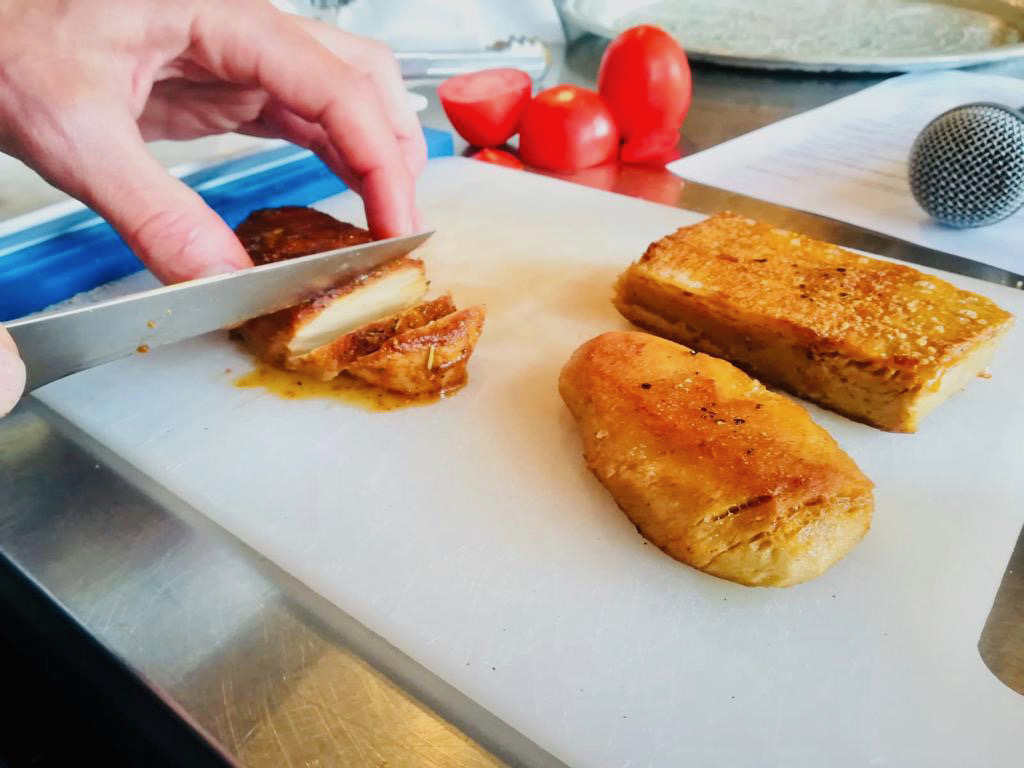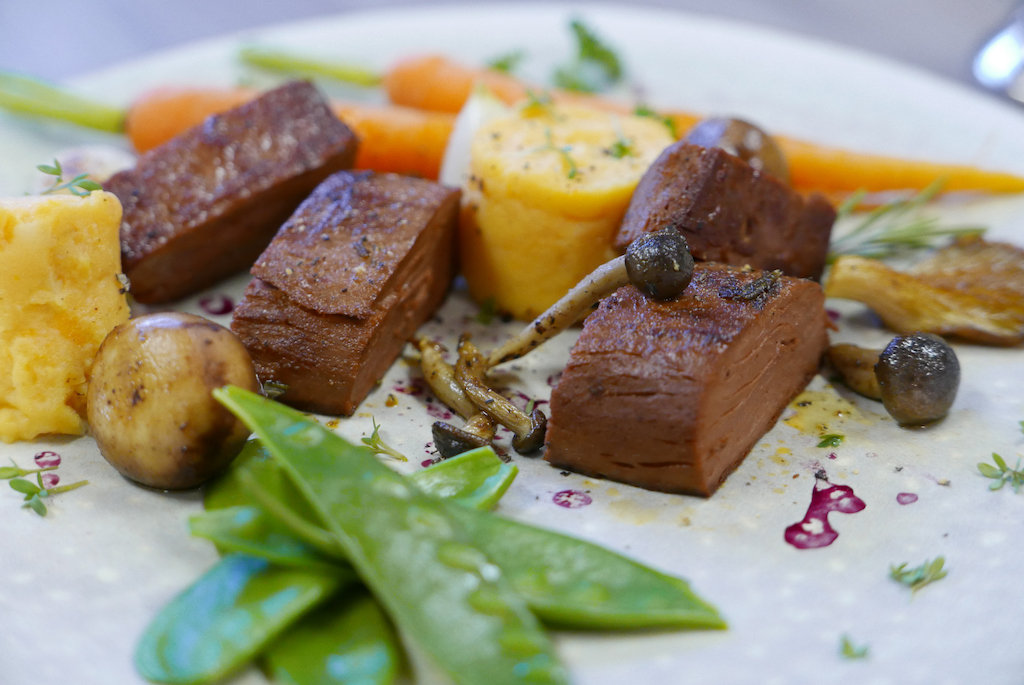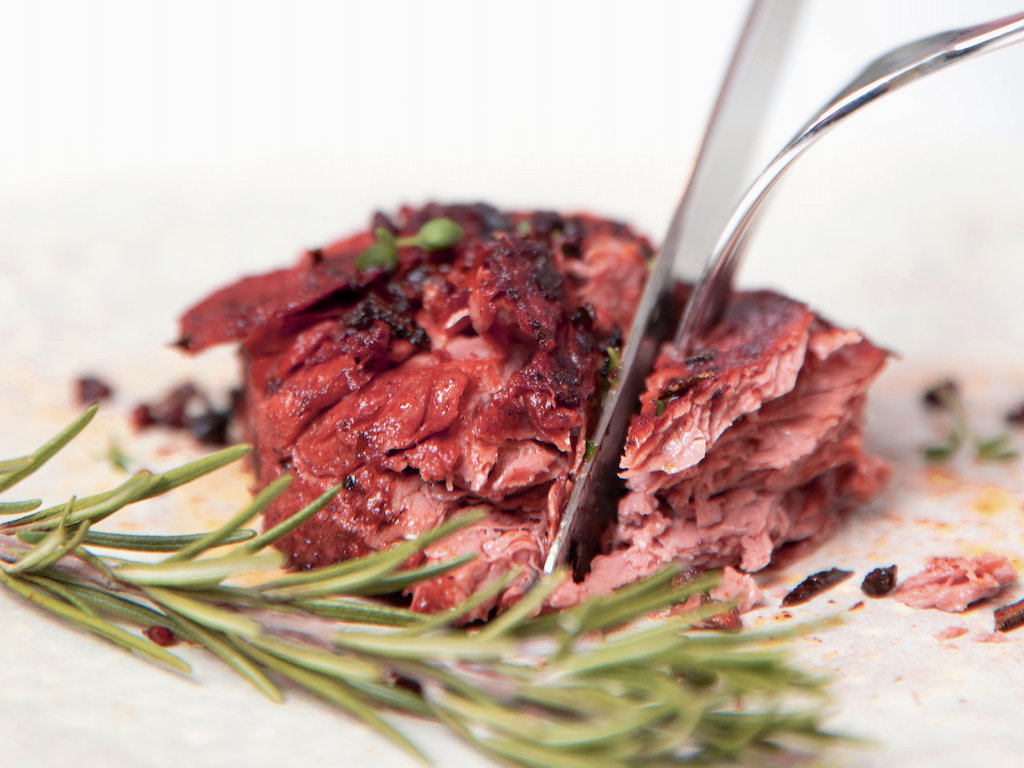Rival Foods & LIVEKINDLY Collective To Develop The ‘Perfect’ Plant-Based Whole Cut Chicken
3 Mins Read
Dutch food tech Rival Foods and plant-based group LIVEKINDLY Collective have announced a new partnership to develop the “perfect” plant-based chicken. The collaboration between the two firms will see Rival Foods leverage their technology that produces fibrous whole cut vegan-friendly analogues using clean-label ingredients, while LIVEKINDLY Collective will bring their brand and innovation experience to the table.
Rival Foods and LIVEKINDLY Collective’s new partnership will focus on creating plant-based chicken in a whole cut format, using the Dutch startup’s existing commercialised process that enables the production of textured protein products with “unparalleled fibrous texture”. The two firms said on Tuesday (February 9) that the goal is to develop a portfolio of 100% plant-based analogues that are more sustainable, yet satisfies mass consumer tastes and preferences.
“The key to persuading consumers to adapt their behavioir is creating delicious plant-based options that deliver on taste and texture and can truly replace animal-based products,” explained Rival Foods co-founder Birgit Dekkers. “The fibrous texture of whole-cut meat products is one of its most distinct features, and we are able to replicate that experience, ensuring a sensorial superiority within the plant-based product category.”

The key to persuading consumers to adapt their behaviour is creating delicious plant-based options that deliver on taste and texture and can truly replace animal-based products.
Birgit Dekkers, Co-Founder, Rival Foods
Founded in 2019 by Dekkers and Ernst Breel in Wageningen, often described as the Silicon Valley of food tech in the Netherlands, Rival Foods uses clean-label ingredients to develop vegan-friendly alternatives for whole cuts of meat and fish that maintains its functional and sensory properties before, during and after cooking.
LIVEKINDLY Collective, the plant-based food company formerly known as Foods United that rebranded after it purchased vegan lifestyle platform LIVEKINDLY last year, says that they will use their branding, product innovation and scale-up expertise to launch the new whole cut plant-based products.
“Our plant-based food platform is uniquely positioned to scale rapidly and transform the current global food system,” commented Kees Kruythoff, CEO and chairman of LIVEKINDLY Collective. “Through this open innovation model with Rival Foods, we will be able to develop a new generation of innovative, delicious, and nutritious plant-based products that meet the growing global demand for animal-free food.”

The news comes on the heels of LIVEKINDLY Collective’s acquisition of No Meat, the vegan meat brand developed by British food and retail giant Iceland Foods, to join its existing brand portfolio that includes Oumph!, The Fry Family Food Co. and LikeMeat.
Through this open innovation model with Rival Foods, we will be able to develop a new generation of innovative, delicious, and nutritious plant-based products that meet the growing global demand for animal-free food.
Kees Kruythoff, CEO & Chairman, LIVEKINDLY Collective
The firm completed a US$135 million capital raise last year, which it said would fuel its brand expansion and new market launches. The fundraising round was led by Zurich-based VC founded by Roger Lienhard, who is also the founder of the LIVEKINDLY Collective.
Lead image courtesy of Rival Foods.




